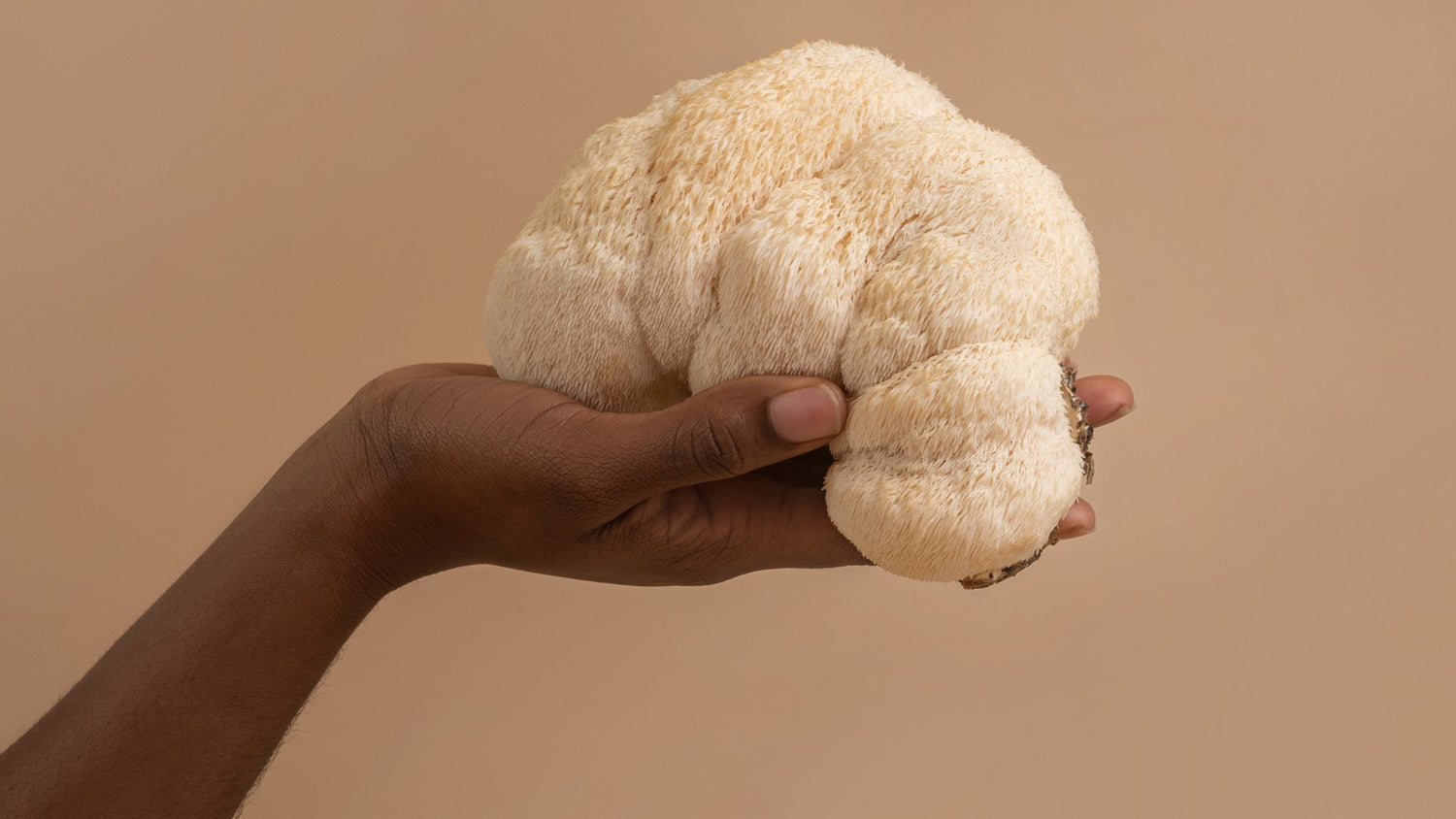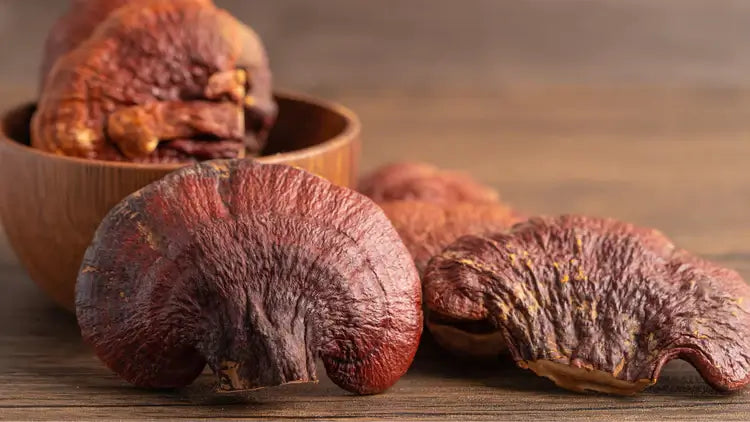What Does It Mean When the Clocks Go Back?
It’s not just about some extra sleep! In the UK, the clocks go back one hour at 2am on the final Sunday in October each year.
Whilst this may give us another hour in bed this Sunday 31st October, what does the clock changing actually do to our body clock? Could our bodies be getting a trick of their own this Halloween? We find out.
How Does Circadian Rhythm Affect Sleep?
‘Circadian rhythm’ is the name used to describe your body’s 24-hour internal clock, which works all day to manage your sleep-wake cycle. Our circadian rhythm is closely linked to sleep. It responds to light during the day to keep us awake, and signals our body to produce melatonin (the sleep-promoting hormone) during the evening to help us stay asleep.
How Does the Extra Hour in Bed Affect Our Body and Our Sleep Cycle?
“Clock times (from BST to GMT) change instantly; BODY clocks take longer to catch up”, according to Loughborough University sleep expert, Professor Kevin Morgan.
Professor Morgan suggests that we experience a one-hour ‘social jet lag’ every time the clocks change forward an hour in Spring and back an hour in Autumn.
This translates to the same effect as the jet lag caused from a flight to Reykjavik for about a week after the clocks change. That means that your body will be out of sync with your usual circadian rhythm, particularly with your usual meal times, bed times and peak performance times. In our bodies, it feels the same as the jet lag from a flight to Reykjavik for about a week after the clocks change. Relative to local time, we feel tired, hungry or wide-awake at the ‘wrong’ times.
It isn’t just the autumn clock change - the spring clock changes are the equivalent of flying to Malta for a week or so afterwards, according to our circadian synchrony.
It seems many Brits are pro-BST too, with 59% of those surveyed saying they would prefer to stay on permanent summer time if we were to stop changing the clocks.
With that in mind, it’s normal to feel a little ‘out-of-sorts’ as our timing synchronises back to our usual routine. Fortunately, healthy bodies catch up quickly to this shift - for tips on how to support a restful night’s sleep whilst our body clock resets, read on.
How Can We Help Support Our Sleep Before the Clocks Change?
Whilst we should simply focus on maintaining our usual schedule before the clocks go back, Professor Morgan suggests going to bed a little earlier the week after the Autumn clock changes. “Be prepared for minor asynchronies in time-based activities” he then advises - that covers everything from when we eat, sleep and even need to go to the bathroom during the following week.
Adding CBD To Your Night-Time Routine
Using CBD at least one hour before bed can help to restore your body’s natural balance since CBD works in harmony with your Endocannabinoid system to support a restful night’s sleep. CBD in turn interacts with the cannabinoid receptors which help to balance sleep amongst other essential bodily functions.
Love Hemp founders, Tony Calamita and Tom Rowland, explain how adding CBD to your self care regime may support a restful night:
“Adding CBD to your night-time routine can have a calming effect on the mind and body which can help us to unwind after a busy day. Placing just a couple of drops of CBD oil under the tongue at bedtime is the perfect way to regulate the body in preparation for a peaceful night’s sleep.”
Check out our handy CBD dosage guide to help work out how much CBD you should take.
TikTok Tips for a Good Night’s Sleep
-
Wear socks to bed
According to pediatrics resident Dr. Jess Andrade, socks help to cool the body down and tell the body that it’s time for bed. With 3.5m Tiktok likes, it’s worth a try.
-
Limit the light
Remember how melatonin works with our circadian rhythm? Dr. Andrade also recommends avoiding laptop and phone screens before you go to bed to help your body produce melatonin.
-
Try the 4-7-8 breathing technique
At 1.4m views, Tiktok’s Dr. Bruce, aka ‘The Sleep Doctor’, suggests breathing in for a count of 4, holding for 7, then breathing out for 8. This allows the lungs to empty out any carbon dioxide, encouraging fresh air in and meaning your heart has to work less. Less work = more chance of falling asleep faster.
- Eat a snack to top up glucose levels
Tiktok health coach Andy Jay suggests eating a fatty or sugary snack just before bed to keep glucose levels topped up throughout the night, in turn avoiding a melatonin drop at around 3 or 4am that may wake you up. At 1.2m views, TikTokers hail medically-approved late night snacking.
-
Relax to ASMR
ASMR (Autonomous Sensory Meridian Response) is described as a tingling sensation that induces calm and sleepiness. Triggers include tapping on objects, soft whispering and hand movements. 24.5m Tiktokers have already watched @jociebasmr ‘apply make-up aggressively’ to the camera in a POV video viewers have found incredibly relaxing.
Put Your Thoughts to Rest
Sometimes our worries can get in the way of a good night’s sleep too. That’s why we are proud to be the first brand to offer Love Hemp subscribers a free membership for Togetherall, an online community committed to providing mental health support 24/7. With a self-help course available full of hints and tips to help sleep, just subscribe to the Love Hemp newsletter to unlock your free membership.





